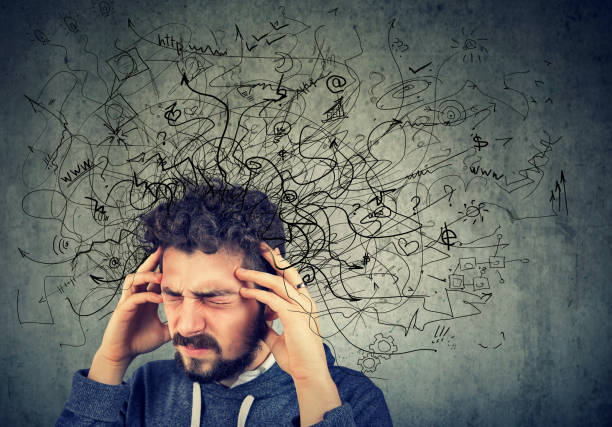+918042754285

This is your website preview.
Currently it only shows your basic business info. Start adding relevant business details such as description, images and products or services to gain your customers attention by using Boost 360 android app / iOS App / web portal.
Adult Attention Deficit Hyperactivity Disorder ...

Adult Attention Deficit Hyperactivity Disorder (ADHD): Causes, Symptoms, Diagnosis, and Treatment Options Attention Deficit Hyperactivity Disorder (ADHD) is a neurodevelopmental disorder that is usually associated with children. However, it is estimated that up to 60% of children with ADHD will continue to experience symptoms into adulthood. Here is some information about Adult ADHD, including its causes, symptoms, diagnosis, and treatment options. Causes of Adult ADHD: The exact causes of ADHD are not fully understood, but research suggests that it may be caused by a combination of genetic and environmental factors. Some factors that may contribute to the development of Adult ADHD include: 1. Genetics: ADHD tends to run in families, suggesting that genetics may play a role. 2. Brain Chemistry: Imbalances in certain neurotransmitters in the brain, such as dopamine and norepinephrine, may contribute to the development of ADHD. 3. Environmental Factors: Exposure to toxins, such as lead, may increase the risk of developing ADHD. Symptoms of Adult ADHD: The symptoms of Adult ADHD are similar to those in children and can be grouped into three categories: 1. Inattention: This can include symptoms such as difficulty focusing on tasks, forgetfulness, and disorganization. 2. Hyperactivity: This can include symptoms such as fidgeting, restlessness, and impulsivity. 3. Impulsivity: This can include symptoms such as interrupting others, making impulsive decisions, and acting without thinking. Diagnosis of Adult ADHD: Diagnosing Adult ADHD can be challenging, as the symptoms may be subtle and can overlap with other conditions such as depression or anxiety. A healthcare provider will typically perform a comprehensive medical history and physical exam to rule out other conditions. They may also use screening tools such as the Adult ADHD Self-Report Scale or the Conners Adult ADHD Rating Scale to evaluate symptoms. Treatment Options for Adult ADHD: 1. Medications: Stimulant medications such as methylphenidate and amphetamines can help improve focus and reduce impulsivity. Non-stimulant medications, such as atomoxetine, may also be effective. 2. Behavioral Therapy: Behavioral therapy can help individuals with ADHD develop coping strategies, improve time-management skills, and reduce impulsive behaviors. 3. Lifestyle Changes: Simple lifestyle changes such as regular exercise, a healthy diet, and adequate sleep can help improve symptoms of ADHD. In conclusion, Adult ADHD is a common but often misunderstood condition. With proper diagnosis and treatment, individuals with ADHD can learn to manage their symptoms and improve their quality of life. If you suspect that you or someone you know may have Adult ADHD, it is important to speak with a healthcare provider to discuss your options and develop a plan of care.

